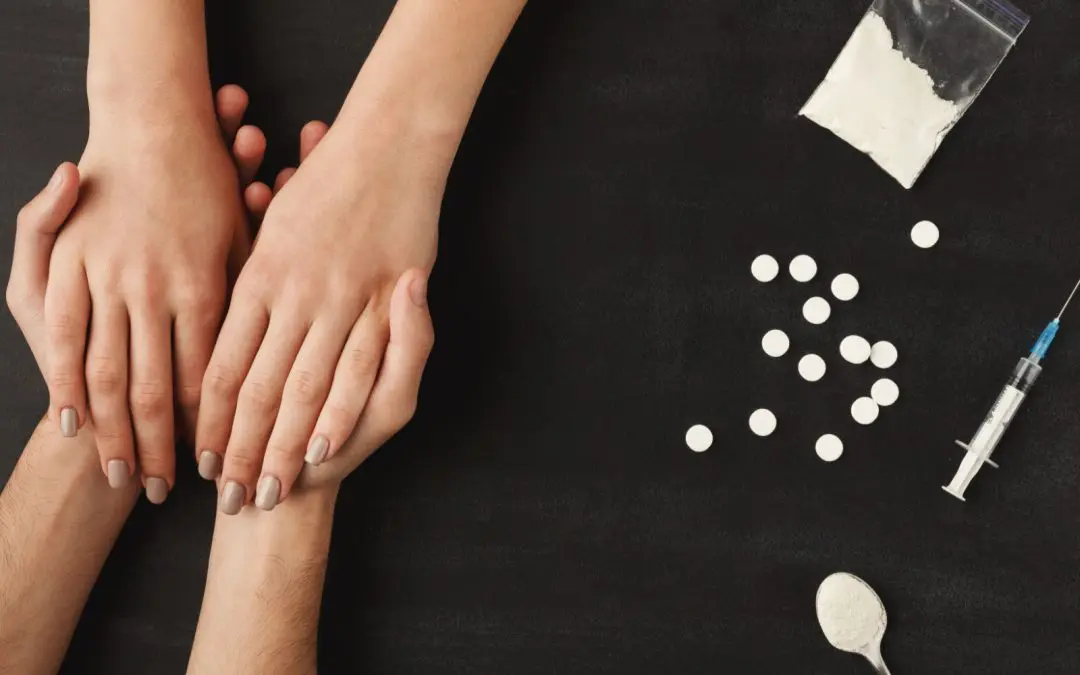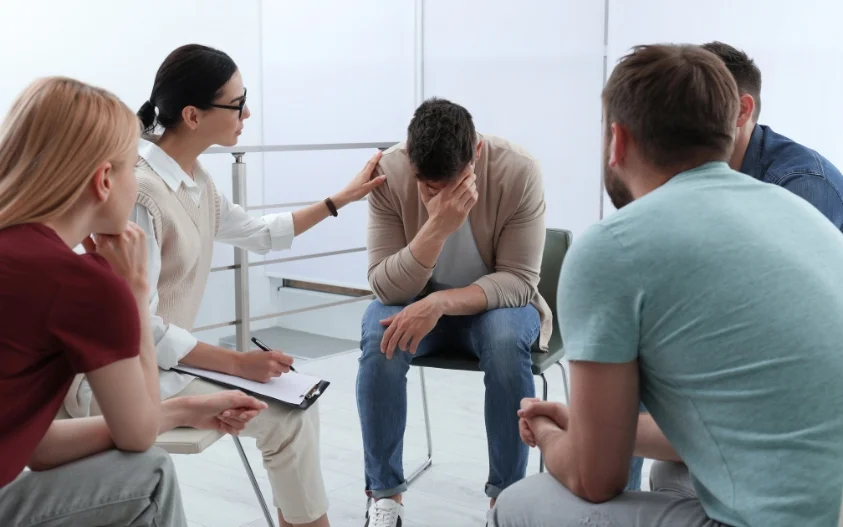24/7 Helpline:
(866) 899-221924/7 Helpline:
(866) 899-2219
Learn more about PTSD Treatment centers in Moodys

Other Categories
Other Insurance Options

BlueShield

WellPoint

Coventry Health Care

Oxford

Absolute Total Care

Amerigroup

Lucent

Carleon

Health Choice

EmblemHealth

CareSource

Medical Mutual of Ohio

Magellan

Choice Care Network

Humana

Aetna

Sutter

PHCS Network

Kaiser Permanente

Providence










Northeastern Behavioral Health Services
Northeastern Behavioral Health Services is a public rehab located in Tahlequah, Oklahoma. Northeaste...

Creoks Mental Health Services
Creoks Mental Health Services is a private rehab located in Tahlequah, Oklahoma. Creoks Mental Healt...

Cherokee Nation – Behavioral Health Adult Clinic
The Behavioral Health Adult Clinic of Cherokee Nation is a co-occurring addiction treatment center i...










































Redefine U
Redefine U is a private rehab located in Tahlequah, Oklahoma. Redefine U specializes in the treatmen...

People
People Inc. is located in Tahlequah, Oklahoma. People Inc. provides quality community based, habilit...











































